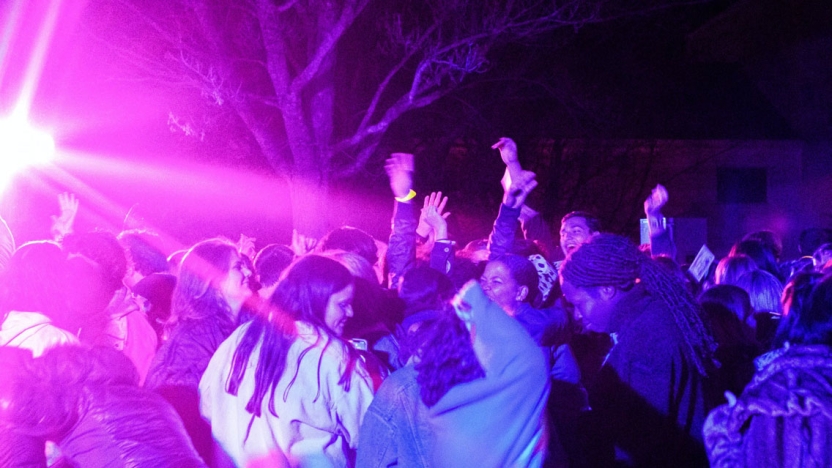Solidarity Statements

The faculty and staff in the Department of History of Art and Architecture stand together in unanimous and unequivocal commitment to the fact that Black Lives Matter. We mourn the murders of Rayshard Brooks, George Floyd, Breonna Taylor, Ahmaud Arbery, and the killings of countless other Black people at the hands of police, white supremacists, and vigilantes.
Systemic racism exists at Middlebury, and the racial inequalities that are present in our world have shaped our disciplines and have determined the composition of academic departments, including ours.
Our department is committed to decolonizing its curriculum at all levels. Our diversification of the curriculum must also include an interrogation of the methodologies that systematically exclude Black people and other people of color from the History of Art and Architecture. Similar systems of exclusion are responsible for the extremely low representation of Black people in accredited graduate programs in Architecture and, by extension, in the professional architectural community.
As educators, we commit to doing more in our classes to examine issues of race and systems of inequality; this will involve the incorporation of more BIPOC voices in the scholarship we assign, just as it will include the analysis of artworks and monuments created by BIPOC artists and architects. We also plan to transform our introductory survey courses into a more unified global survey of artworks and monuments drawn from a variety of artistic traditions. Further, we will continue to request a tenure-track position in African Art History, and we will pursue all future hires in our department with an eye toward expanding the racial diversity of our faculty.
